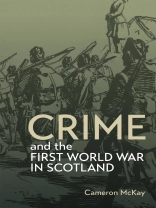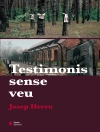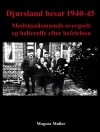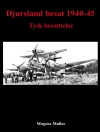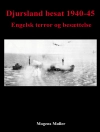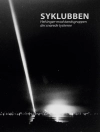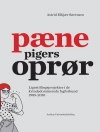Previously unavailable archival sources reveal the socially disruptive impact of the First World War in Scotland.
While a great deal has been written on Scotland and the First World War, the question of how it affected criminality has been underexplored. Although mass enlistment reduced offending drastically, servicemen based in Scotland continued to commit offences – whilst some crimes, such as bigamy, actually rose during the war. After demobilisation, which saw crime rise again, fears over ‘brutalisation’ created a belief that Scotland was a more violent place than before the war.
By analysing criminal statistics from 1909 to 1926, drawn from previously unavailable archival sources, prison registers, anonymous interviews, newspapers and legal proceedings, this book argues that the First World War had a socially disruptive impact on Scotland, evident in abnormal crime patterns during and after the war. Covering categories of offence from murder and culpable homicide to lesser felonies, such as theft and fraud, it discusses how contemporary notions around class, gender and respectability shaped the perception of crimes committed by ex-servicemen. It also looks at whether the war had a disruptive influence on law and order by desensitising society and through psychological damage to a generation of men, examining such commonalities as alcoholism, family breakdown, health problems and unemployment, and the prevalence of domestic violence and spousal homicide.
Tabella dei contenuti
Introduction
1. The Effect of the First World War on Crime in Scotland
2. Criminals in Khaki: Offending while in Uniform
3. ‘Causes of Crime’: A Sample of Imprisoned Ex-servicemen
4. ‘I am a brute and should not have done it’: Domestic Violence and Spousal Homicide amongst Ex-Servicemen
5. War, Crime, and Mental Illness
Conclusion
Bibliography
Index
Circa l’autore
CAMERON Mc KAY is an Assistant Director and faculty member at Arcadia University’s Edinburgh Centre, and has a Ph D from the University of Stirling.
